Alexander Hamilton was one of the most significant and visionary Founding Fathers of the United States. His remarkable life story—from an orphan in the Caribbean to a central figure in the founding of America—has captivated historians, scholars, and now popular culture. As the nation’s first Secretary of the Treasury, chief author of the Federalist Papers, and founder of several vital institutions, Hamilton played a critical role in shaping America’s financial and political infrastructure.
Though his life was cut short in a tragic duel, Hamilton’s legacy continues to live on through the United States’ banking system, federal government structure, and economic policy. His life exemplifies brilliance, ambition, resilience, and an unwavering commitment to building a strong, unified nation. This essay dives into his early life, rise to prominence, revolutionary impact, economic genius, political rivalries, and lasting legacy.
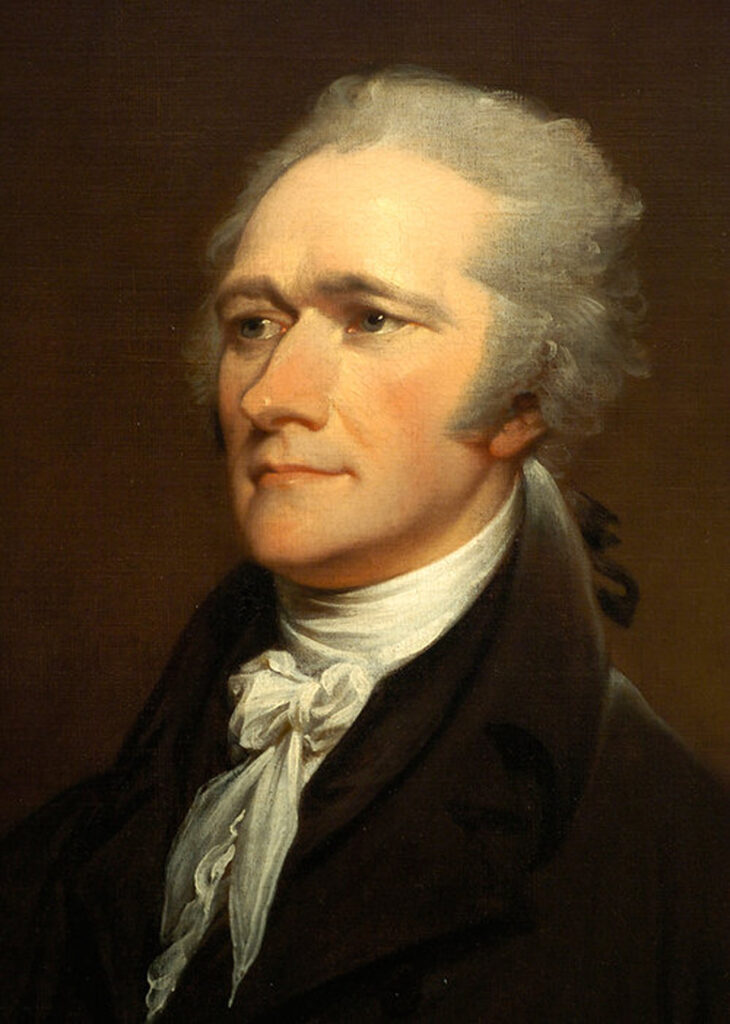
Early Life: From Caribbean Hardship to American Opportunity
Alexander Hamilton was born in either 1755 or 1757 on the island of Nevis in the British West Indies. His early years were filled with adversity. His mother, Rachel Faucette, was of French descent and had a troubled personal life, while his father, James Hamilton, abandoned the family when Alexander was still a child. When his mother died of illness, Hamilton was left orphaned at a very young age. Despite these immense hardships, Hamilton showed incredible intelligence and drive. He worked as a clerk at a local trading company, where he quickly learned the principles of commerce, accounting, and international trade.
Recognizing his intellectual gifts, community members and benefactors raised funds to send Hamilton to North America for formal education. He arrived in New York and enrolled at King’s College (now Columbia University), where he became deeply involved in revolutionary politics. Hamilton’s early essays and pamphlets, written in defense of the American cause, gained attention for their clarity, persuasiveness, and maturity beyond his years. His ability to articulate complex ideas and inspire others with his writing would remain one of his defining traits for the rest of his life.
Rise During the Revolutionary War
When the Revolutionary War began, Hamilton quickly joined the fight. He first served in a New York militia and later joined General George Washington’s staff as an aide-de-camp. In this role, Hamilton handled correspondence, wrote strategic reports, and became Washington’s trusted advisor. Although he longed for battlefield glory, his administrative skills were too valuable to lose. Over time, Hamilton’s military talents and leadership were undeniable, and he eventually earned command of a battalion. He led a decisive charge during the Siege of Yorktown in 1781, which contributed significantly to the American victory.
This period of military service was crucial in building Hamilton’s reputation and relationships. He developed a deep respect for Washington and a firsthand understanding of the importance of strong leadership and centralized power. Hamilton also witnessed the chaos and inefficiencies of a loosely organized government, which heavily influenced his later political philosophy. These experiences shaped his vision of a united America under a strong federal system that could command authority, defend its interests, and manage its economy effectively.
Architect of the Constitution: Hamilton and the Federalist Papers
After the war, the fledgling United States faced significant internal problems under the Articles of Confederation. The weak central government lacked the power to tax, regulate trade, or enforce laws. Hamilton emerged as a strong critic of the Articles and became a leading advocate for drafting a new Constitution. At the Constitutional Convention in 1787, Hamilton spoke passionately about the need for a robust national government. Although some of his ideas were considered too extreme, he played a key role in shaping the final document.
To support ratification of the new Constitution, Hamilton collaborated with James Madison and John Jay to write the Federalist Papers—a collection of 85 essays published in newspapers. Hamilton wrote 51 of them, including the most influential ones like Federalist No. 78, which discussed the judiciary, and Federalist No. 70, which argued for a strong executive. These essays are still studied today for their deep insights into constitutional governance. Hamilton’s writings not only helped secure support for the Constitution but also laid the intellectual foundation for American political thought.
Economic Genius: Founding America’s Financial System
In 1789, George Washington appointed Hamilton as the first Secretary of the Treasury. The United States was deeply in debt from the Revolutionary War, had no central bank, and its currency was weak and disorganized. Hamilton took bold and strategic steps to stabilize the nation’s economy. He proposed the federal government assume the war debts of the individual states, believing this would unite them and build national credit. His plan faced opposition, particularly from Thomas Jefferson and James Madison, but eventually passed in exchange for relocating the capital to what would become Washington, D.C.
Hamilton’s economic reforms didn’t stop there. He established the First Bank of the United States, a central institution designed to hold federal funds, issue currency, and manage debt. He also introduced tariffs and excise taxes to generate revenue and encourage American manufacturing. These initiatives laid the foundation for a modern financial system and helped the U.S. gain credibility both domestically and internationally. Hamilton’s comprehensive financial vision turned the chaotic post-war economy into a structured and growth-oriented system, giving the United States a stable economic backbone in its early years.
Political Rivalries and the Birth of America’s Party System
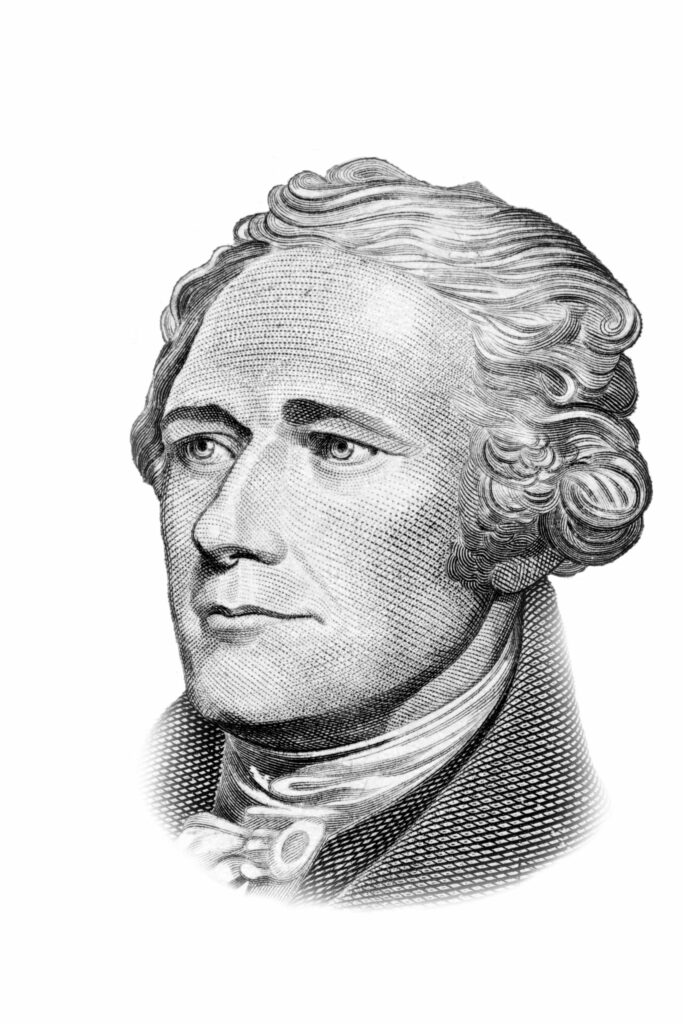
Hamilton’s ideas were bold, but they were also controversial. He envisioned a powerful federal government, close ties with Britain, and an economy based on commerce and industry. In contrast, Thomas Jefferson and his allies promoted a decentralized agrarian society and favored France over Britain. These differences were not just philosophical—they shaped the development of America’s first political parties. Hamilton led the Federalist Party, while Jefferson co-founded the Democratic-Republican Party.
The rivalry between Hamilton and Jefferson defined early American politics. Their clashes were deeply personal and often played out in public through newspapers and pamphlets. Hamilton believed Jefferson’s policies were naïve and dangerous, while Jefferson saw Hamilton’s financial system as elitist and monarchical. Despite the conflict, the debates between the two helped shape the direction of the new republic and provided Americans with clear political choices. The two-party system that emerged from this rivalry is a lasting part of Hamilton’s political legacy.
The Tragic Duel with Aaron Burr
Perhaps the most dramatic and tragic event of Hamilton’s life was his fatal duel with Aaron Burr in 1804. Burr, who was Vice President at the time, had long been at odds with Hamilton, both politically and personally. When Hamilton allegedly made disparaging remarks that damaged Burr’s reputation during a campaign for New York governor, Burr demanded satisfaction. Although dueling was illegal, it was still practiced among gentlemen as a way to defend honor.
The duel took place in Weehawken, New Jersey. Hamilton, who reportedly did not intend to fire at Burr, was struck by a bullet and died the next day. The nation was shocked. Hamilton’s death not only ended the life of one of its most brilliant founders but also marked the beginning of the end for Aaron Burr’s political career. The duel symbolized the intense political and personal rivalries of the era, and it robbed the young country of a leader whose work was far from finished.
Lasting Legacy: Hamilton’s Impact on Modern America
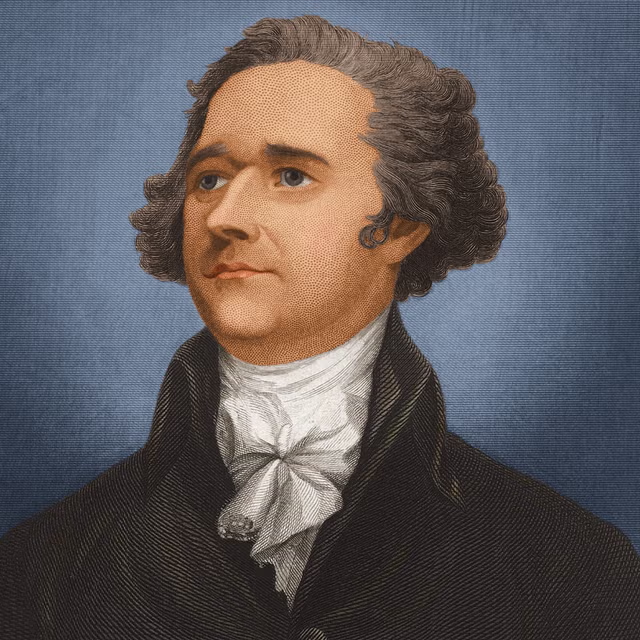
More than two centuries after his death, Alexander Hamilton’s legacy remains powerful. His face appears on the ten-dollar bill, and his contributions to America’s economic system are universally acknowledged. The institutions he created, including the U.S. Mint, the Coast Guard, and the national banking system, still play vital roles today. His writings—especially the Federalist Papers—are core texts in political science and constitutional law. His ideas about federal power, economic growth, and governance continue to shape national debates.
In recent years, the Broadway musical Hamilton has sparked renewed interest in his life and legacy, particularly among younger generations. It presents Hamilton’s story through modern music and diverse casting, highlighting themes of immigration, ambition, and resilience. This cultural resurgence has helped make Hamilton a household name again, reminding the public of how much this once-forgotten Founding Father shaped the world they live in. His life story is more than just history—it’s a timeless example of how intellect, passion, and vision can change a nation.

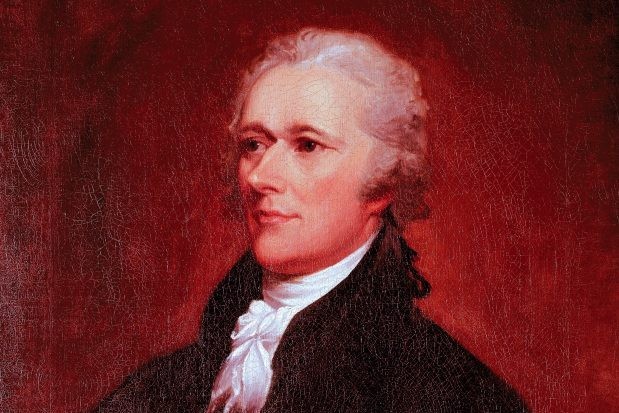

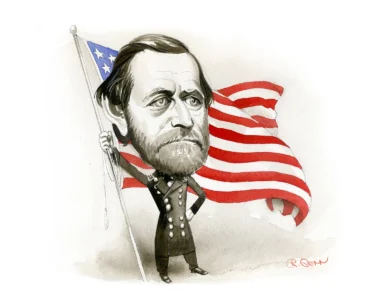
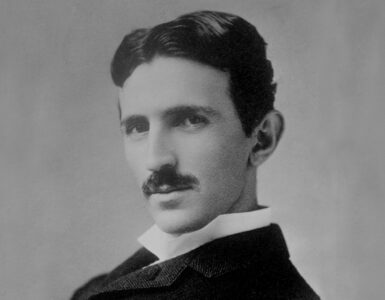
Add comment